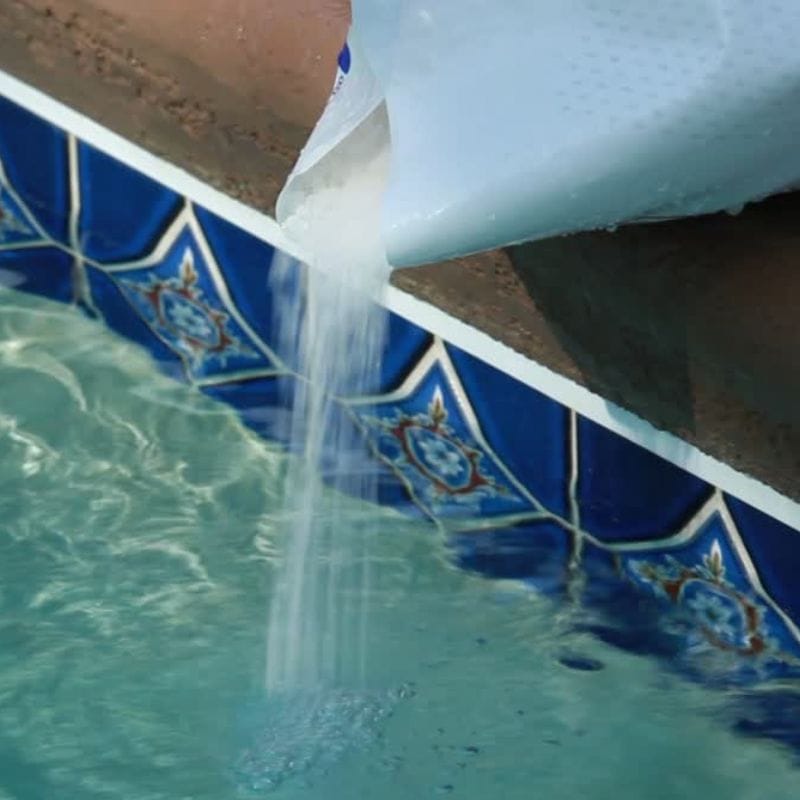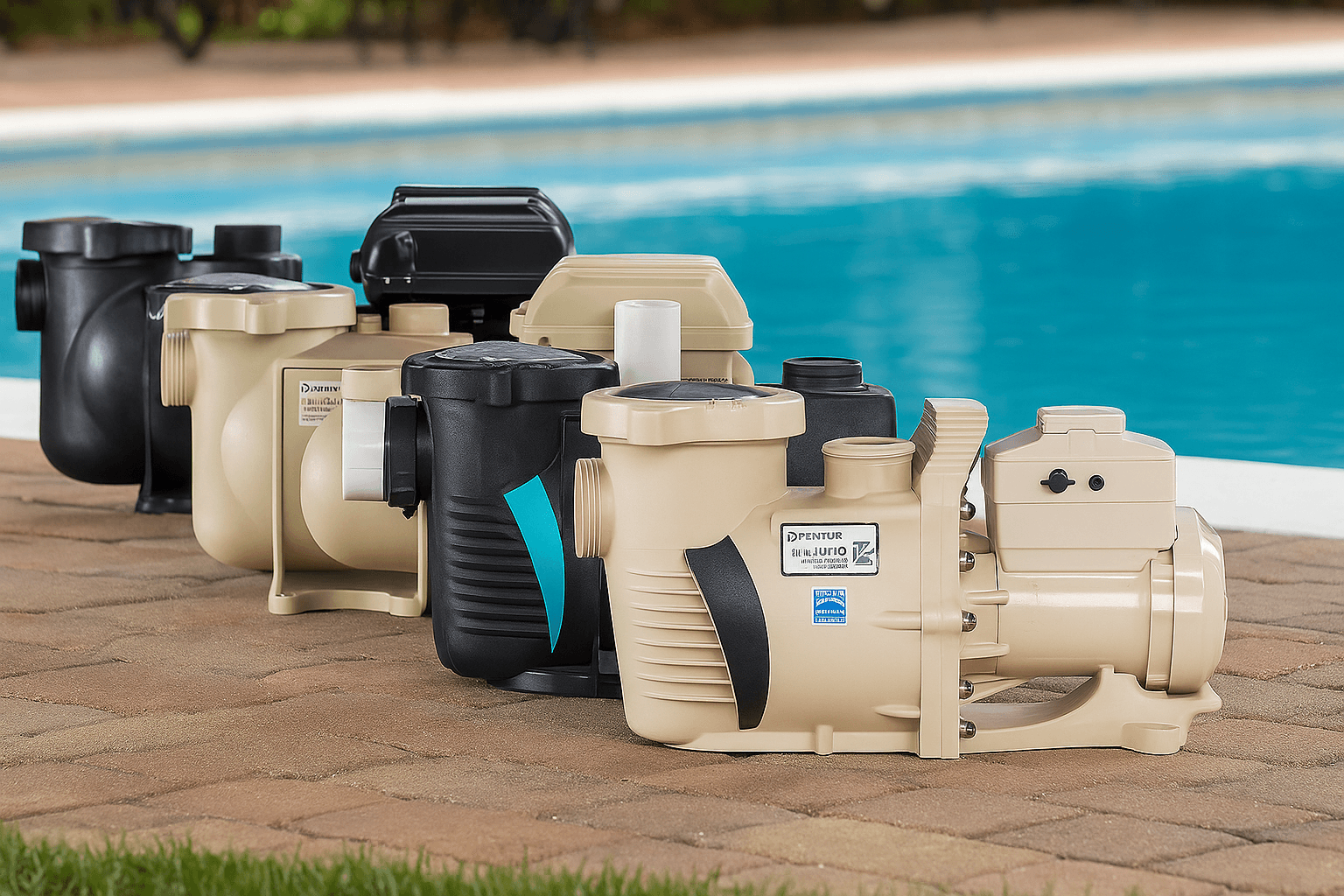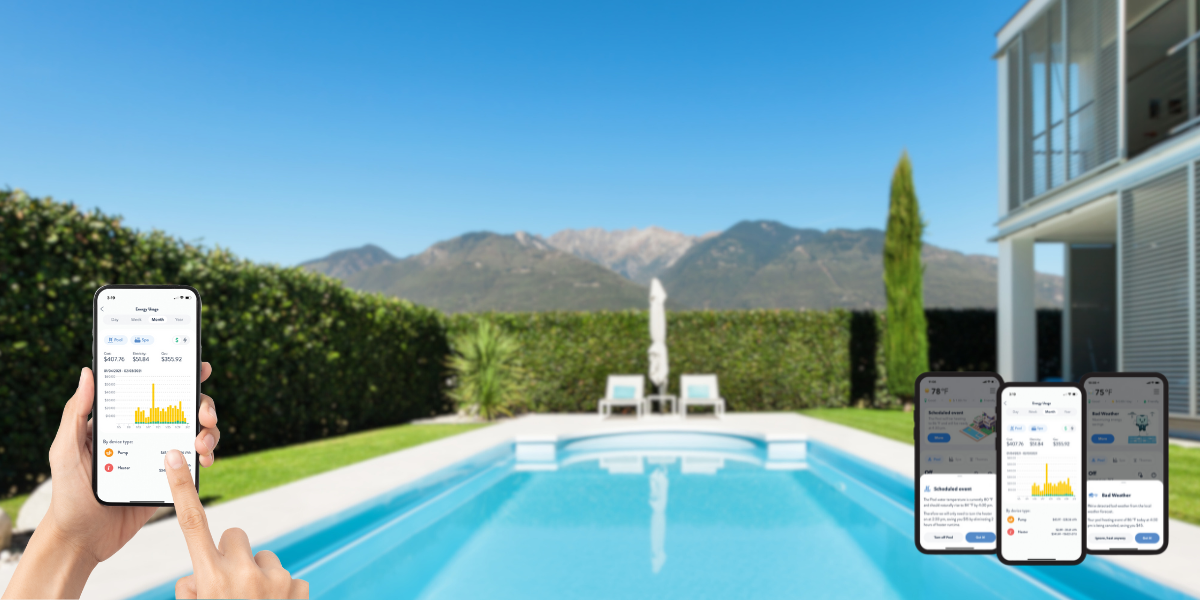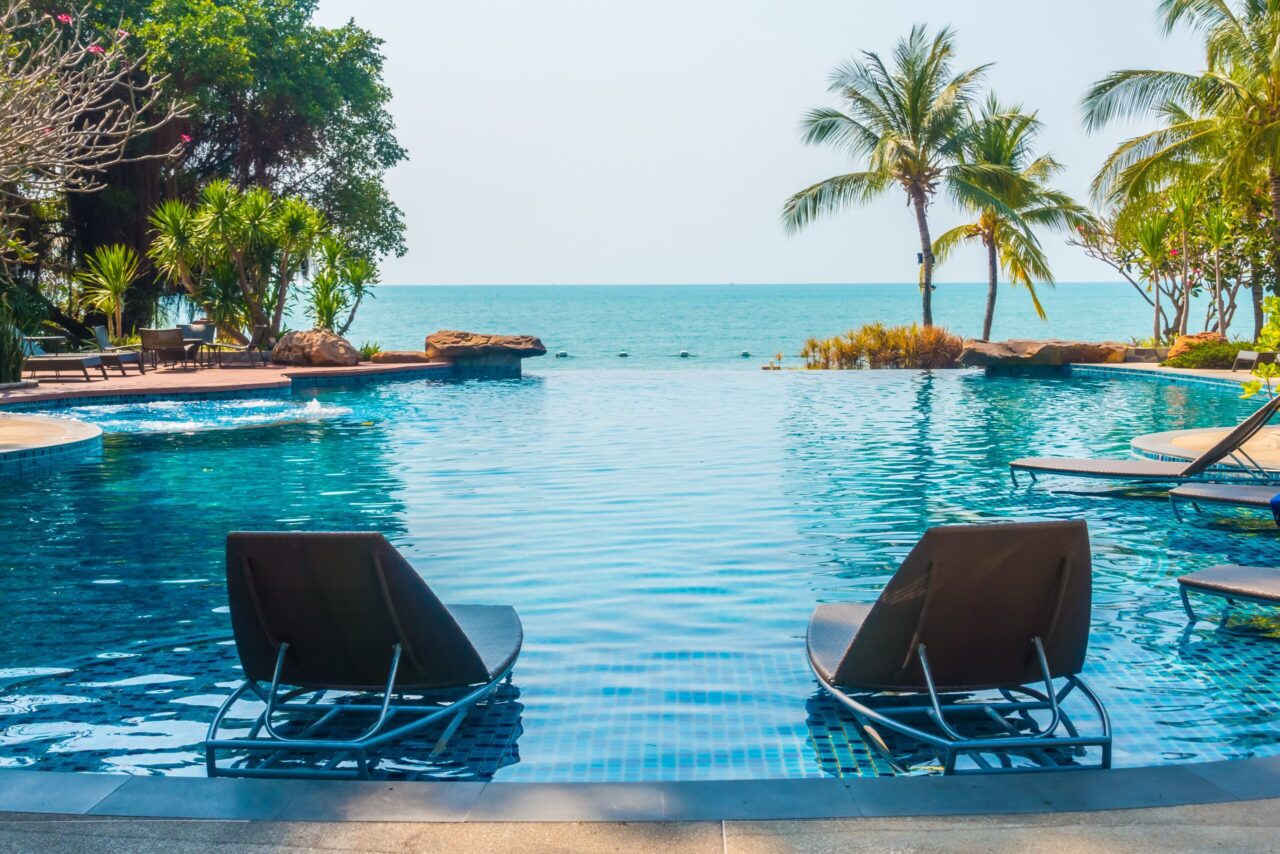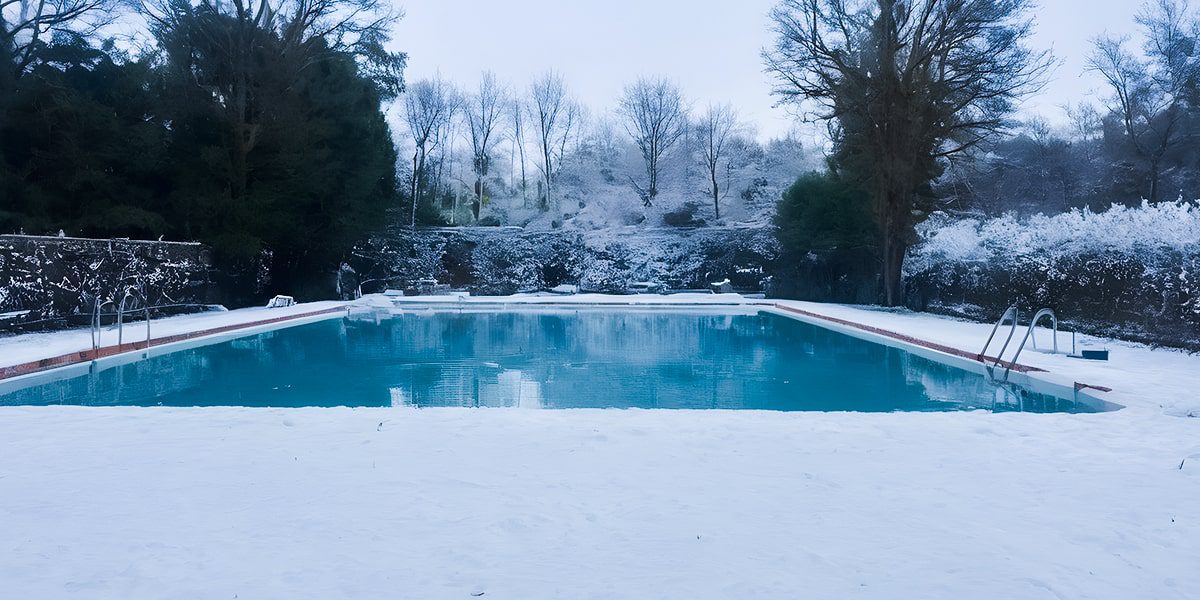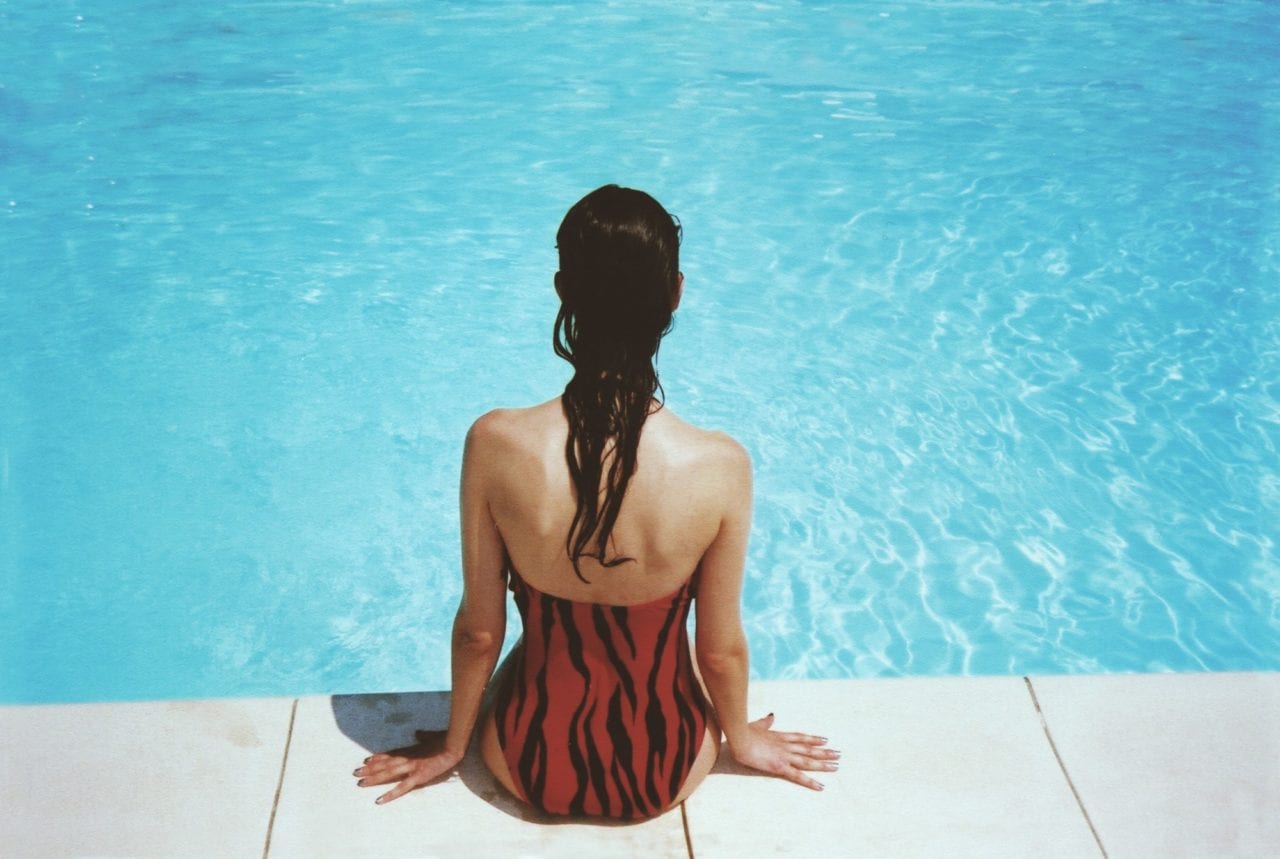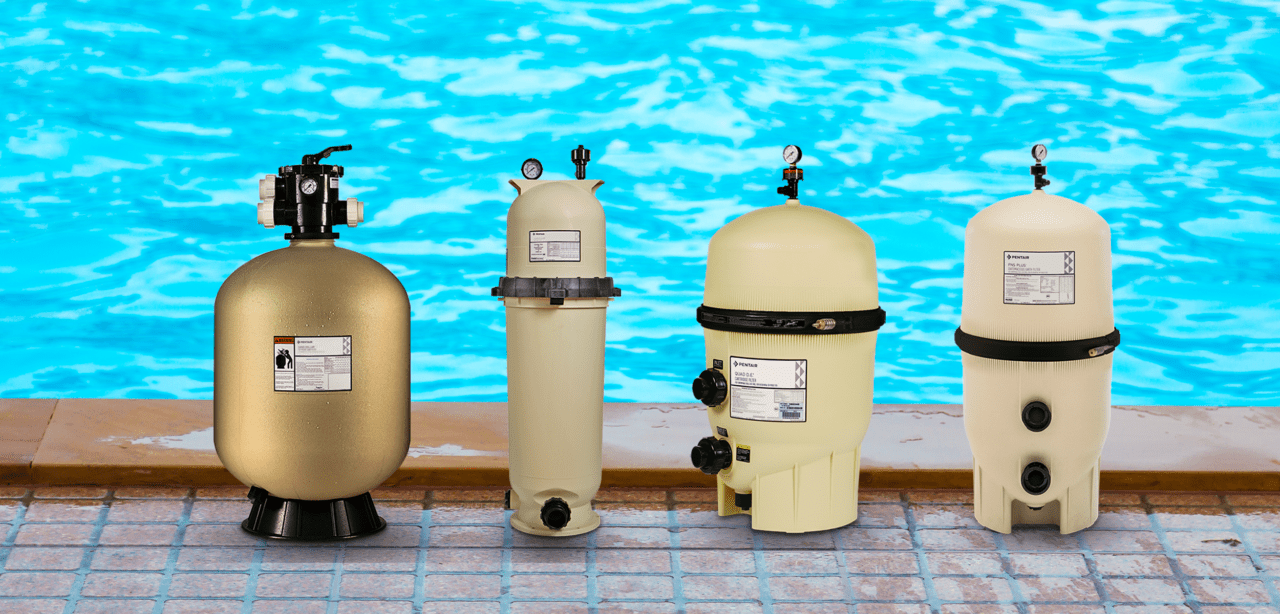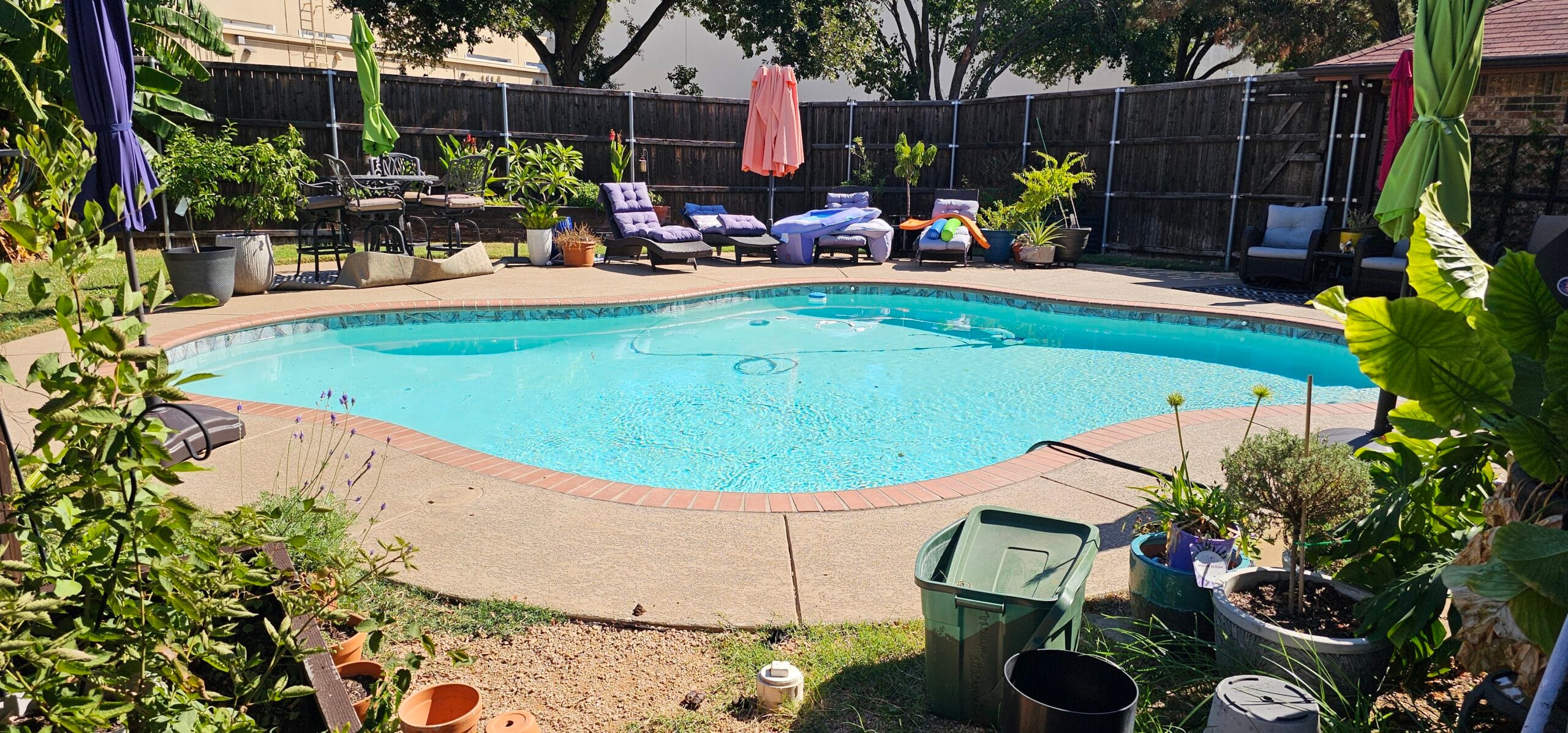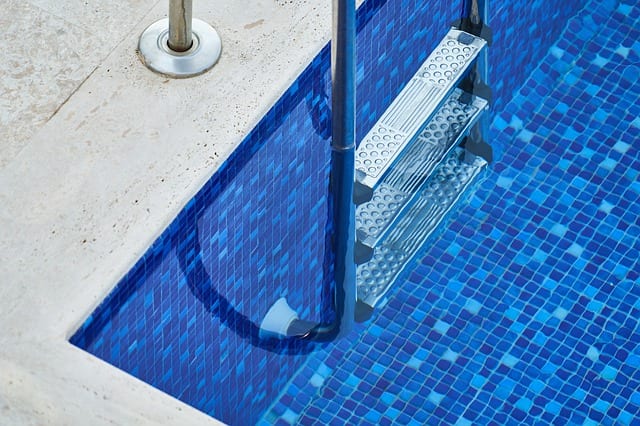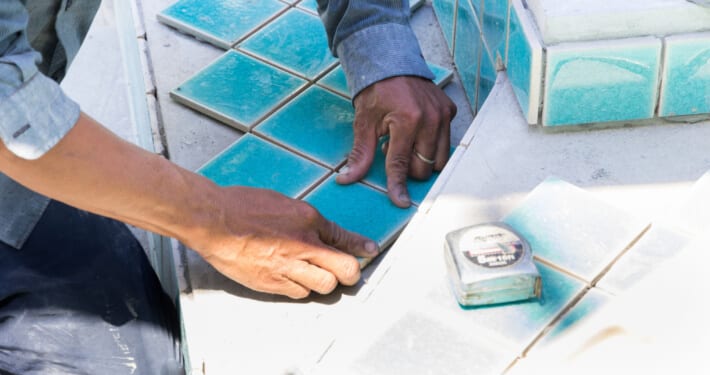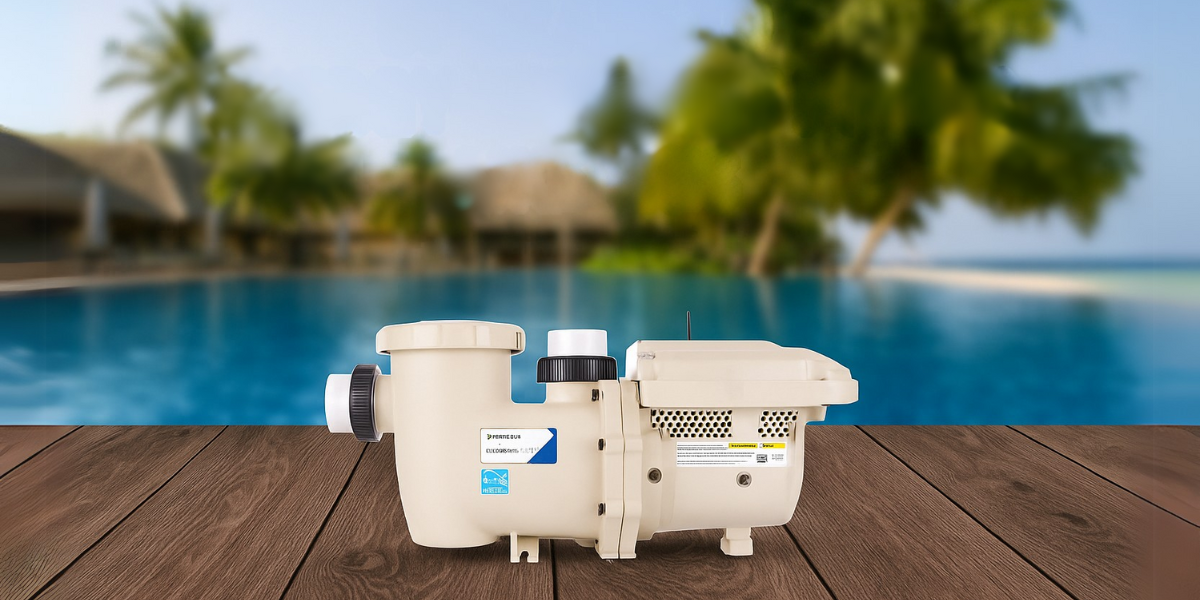If you own a pool, you already know how important circulation is to keep the pool water clean and healthy. When Your pool pump isn’t performing like it used to, it could be more than just wear and tear. In this Detailed guide, we break down the 7 Signs You Need to Replace Your Pool Pump, share tips on choosing the right replacement pump, and explain how upgrading can save you money. If you notice any of these warning signs, it’s best to hire a Local professional pool pump repair service as soon as possible to avoid costly damage or downtime.
Overview
These 7 Warning Signs Mean It’s Time for a New Pool Pump
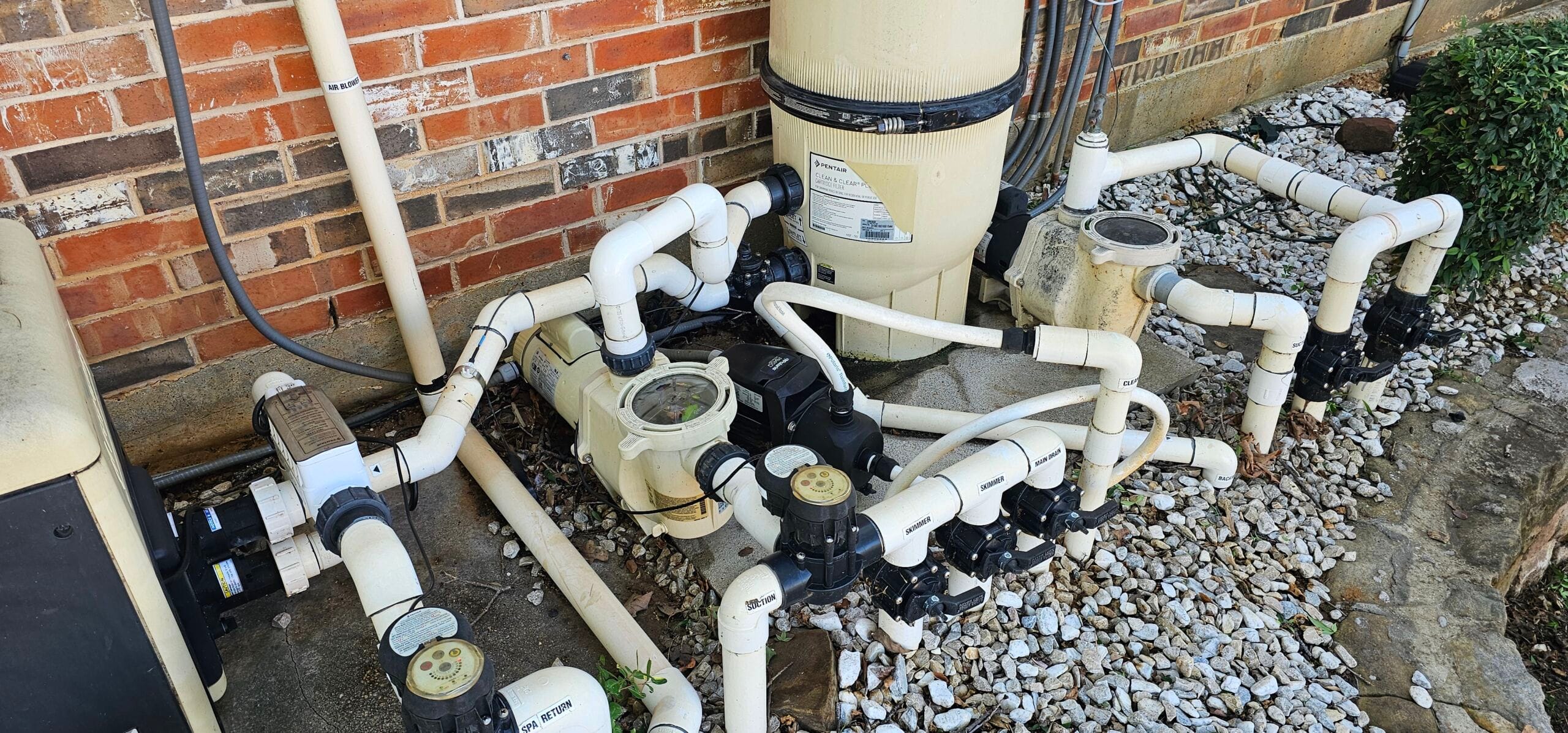
Your pool pump is the heart of your filtration system, when it starts to fail, your entire pool can suffer. Recognizing the warning signs early can help you avoid bigger problems and maintain a clean, efficient swimming environment.
Increased Energy Bills
Older single speed pool pumps consume more electricity than they need to because they operate constantly at full capacity. An old or broken pool pump may be the cause of your increased energy costs during pool season. When you replace it with an energy-efficient variable speed pool pump, you can save up to 80% on your energy bills and ultimately save money.
Poor Water Circulation
Maintaining clean, healthy, and balanced pool water requires proper water flow. A broken pool pump may be the cause of your pool’s murky water, algae buildup, or areas where the water appears to be motionless. Common causes include a clogged filter, a clogged skimmer or return line, or a failing impeller inside the pump. Your filtration system can’t do its job and chemicals don’t spread out evenly when water can’t flow freely. In addition to lowering water clarity, this also jeopardizes sanitation and raises the possibility of more significant maintenance problems.
Pool pump making loud noise
A noisy pool pump is more than just an annoyance; strange sounds are often early warning signs of mechanical failure.
Rumbling Sounds
If your pool pump is making rumbling noises, they are usually caused by excessive vibration. This often happens when the pump becomes loose, dislodged, or has misaligned mounting bolts, causing it to bump against the pool pad or surrounding surface. These vibrations may also be a sign of a failing motor. While this issue can sometimes be resolved by tightening the mounting or repositioning the pump, it’s best to call a professional pool repair Expert ASP. If the pump has cracks on it aside from making rumbling noises, then you’d need a new pump.
Grinding or Screeching Sounds
In the early stages, these sounds often only mean your pump needs new bearings. Worn out bearings can lead to the motor overheating and damage to the pump’s windings. Although bearings themselves are cheap, replacing the old ones involves opening the pump. Also, most bearing noise also signals a leaking pump seal, which you need to replace as well. This is a little too complex to be a DIY pool repair project, so hiring the pros is best.
Frequent Leaking Pool Pump:
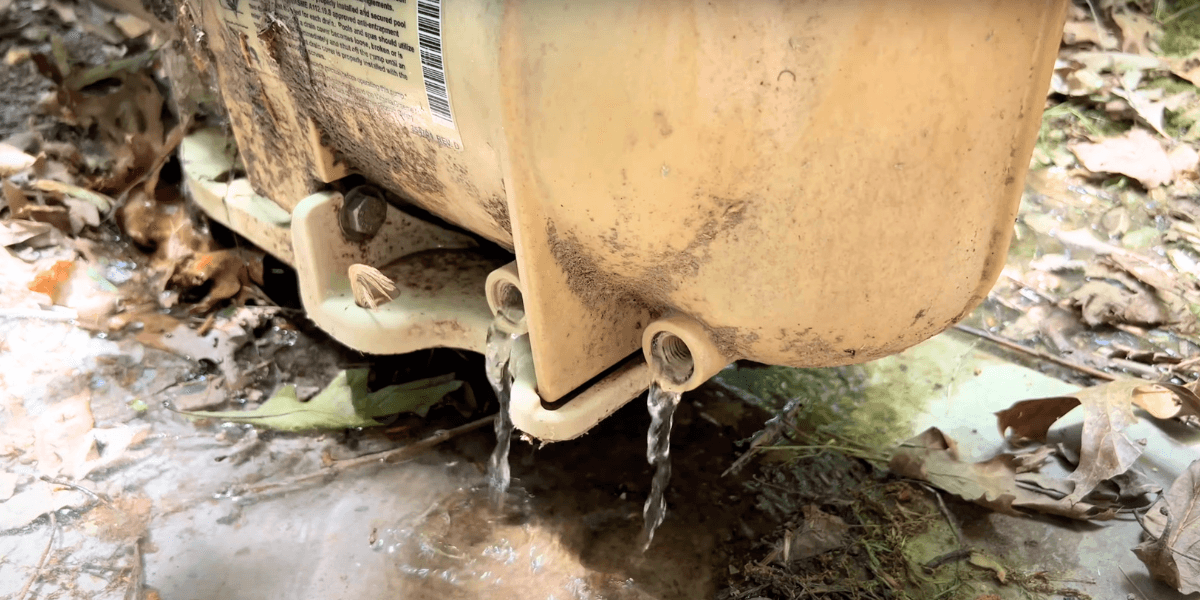
Leaks near the pump housing, shaft seal, or pipes usually mean your pool pump has a problem. If your pool pump leaks, it’s likely because the seals inside are worn out or broken. There could be water under the pump or rust on the metal parts. If left untreated, leaks can cause severe pump motor damage and reduce your system’s efficiency. It might be time to replace the pool pump instead of just patching it up again if you’ve already changed the seals more than once.
Air Bubbles and Spitting Water at Pool Return Jets
Have you noticed bubbles constantly forming in your pool or bursts of water spitting from the return jets? It likely means there’s a suction-side air leak. This happens when air enters the system before the pump, often due to a cracked suction line, loose pump lid, or worn O-rings. These issues reduce pump efficiency, disrupt filtration, and may cause the pump to lose prime. If your pool pump is blowing bubbles or spitting water, have the system checked ASP to avoid long-term damage.
When Pool Pump Repairs Cost More Than They’re Worth
It’s normal to do small repairs like replacing an O-ring, capacitor, or seal. But if you’re constantly repairing your pool pump or making frequent service calls, those costs can quickly add up. As a general rule, you should consider getting a new pool pump if the cost of repairs is more than half of the price of a new one. Constant breakdowns don’t just hit your wallet. It also increases the risk of unexpected pool downtime, especially during peak swimming season.
Old or Outdated Pool Pump
Most pool pumps have a lifespan of 8 to 12 years, depending on maintenance and usage. If your pump is over a decade old or showing frequent problems after several years of service, it may be nearing the end of its useful life. Instead of dealing with constant repairs, consider upgrading to a modern, energy-efficient model that offers better performance, lower energy costs, and long-term reliability.
Want More tips? Read other Articles

